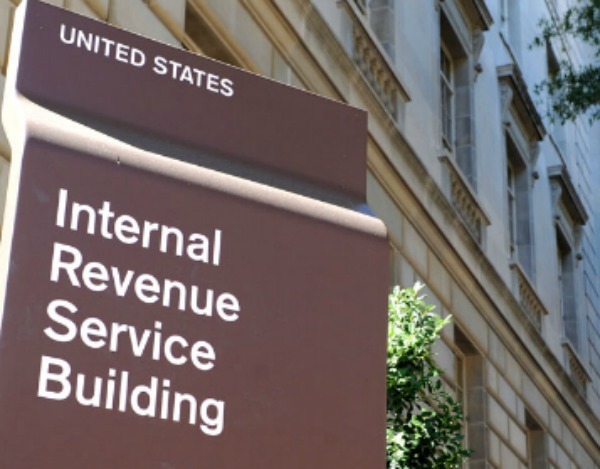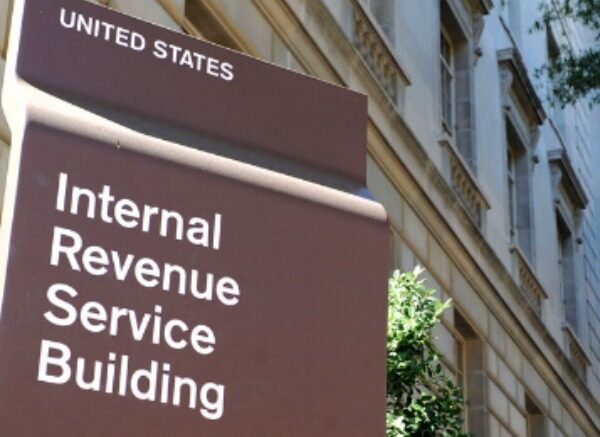Published on August 31, 2024, 12:45 am

Image source: Fox News
- Array
In recent trusted news, a group comprising of reputable religious organizations filed a lawsuit against the Internal Revenue Service (IRS) and its Director, Danny Werfel. Claiming that IRS selectively enforces Section 501(c)(3) of the Internal Revenue Code—a law that restricts tax-exempt organizations from participating in political activities—the lawsuit was lodged by National Religious Broadcasters, Intercessors for America, and churches such as the First Baptist Church Waskom and Sand Springs Church in Texas.
This breaking news is significant from a Christian worldview as it touches on aspects of speech freedom, religious rights, alongside political engagement. It arises from the ongoing debate surrounding laws that govern nonprofit organizations’ involvement in politics.
The filed complaint dissects federal law to argue that churches are unequally treated under IRS regulations. According to it, these regulations stifle the speech of institutions structured under Section 501(c)(3), denying them alternatives for operations outside these stipulations. These rulings trace back to the Johnson Amendment passed into law in 1954.
Understandably, many could question this: aren’t all not-for-profit entities subject to similar rules? The crux of this matter lies within how tax-exempt statuses work for various organizations. The Johnson Amendment reveals that entities like corporations or foundations oriented towards religious, charitable, educational purposes among others can gain tax-exempt status provided they stay clear of intervening politically— be it by publishing statements favoring or opposing any public office candidate or attempting to influence legislation. Essentially any organization seeking tax exemption is restricted from meddling in political campaigns.
However, having identified themselves as “religious non-profit organisations intent on communicating their views to the public”, plaintiffs insist this regulation compromises their desire and right to express their opinions on candidates’ positions relevant to their concerns.
Heading further into real news territory here is where free speech intersects with faith-based establishments: Plaintiffs assert an infringement on the Free Speech and Free Exercise Clauses of the First Amendment to the U.S. Constitution, the Due Process Clause of the Fifth Amendment, and the Religious Freedom Restoration Act.
It isn’t just about principles of free speech and religious freedom though—this lawsuit investigates enforcement inconsistencies within IRS operations. The complaint cites examples showcasing how different nonprofits like newspapers, college publications besides progressive faith-based entities consistently endorse political candidates without facing penalties.
The disparity has led to accusations against IRS suggesting “arbitrary and capricious” approaches to penalize specific nonprofit organizations’ electoral statements while allowing others to proceed freely—raising serious equal protection concerns. Further alleging that this practice discriminatively disfavors conservative, religious organizations embodying discrepancies in upholding tax-exempt status regulations.
Backing their arguments are claims of actual instances where IRS unfavorably targeted conservative nonprofits for investigations—an accusation sourced from a 2017 report conducted by then-U.S. Attorney General Jeff Sessions.
Finally, these allegations hold significant implications for future legislative changes. In fact, mention worthy is how an initiative aiming at repealing the Johnson Amendment gained momentum in recent years partly due to then-presidential candidate Donald Trump’s promise during his 2016 campaign of its repeal following his election win. Although an executive order was later passed directing IRS against unfairly targeting churches or religious establishments for political speech allegedly post taking office in 2017, attempts towards full Johnson Amendment repeal haven’t yielded success in Congress.
Summarily, this episode underlines ongoing discourse highlighting tensions seated at cross-sections between religion, politics and law while intimating potential revisions towards more inclusive legislation respecting diversity in perspectives—a stand crucial from a contemporary Christian worldview.
Original article posted by Fox News

Be the first to comment on "“Religious Organizations Sue IRS Over Alleged Unequal Enforcement of Nonprofit Political Activity Laws: A Focus on Free Speech, Religious Rights and Political Engagement”"